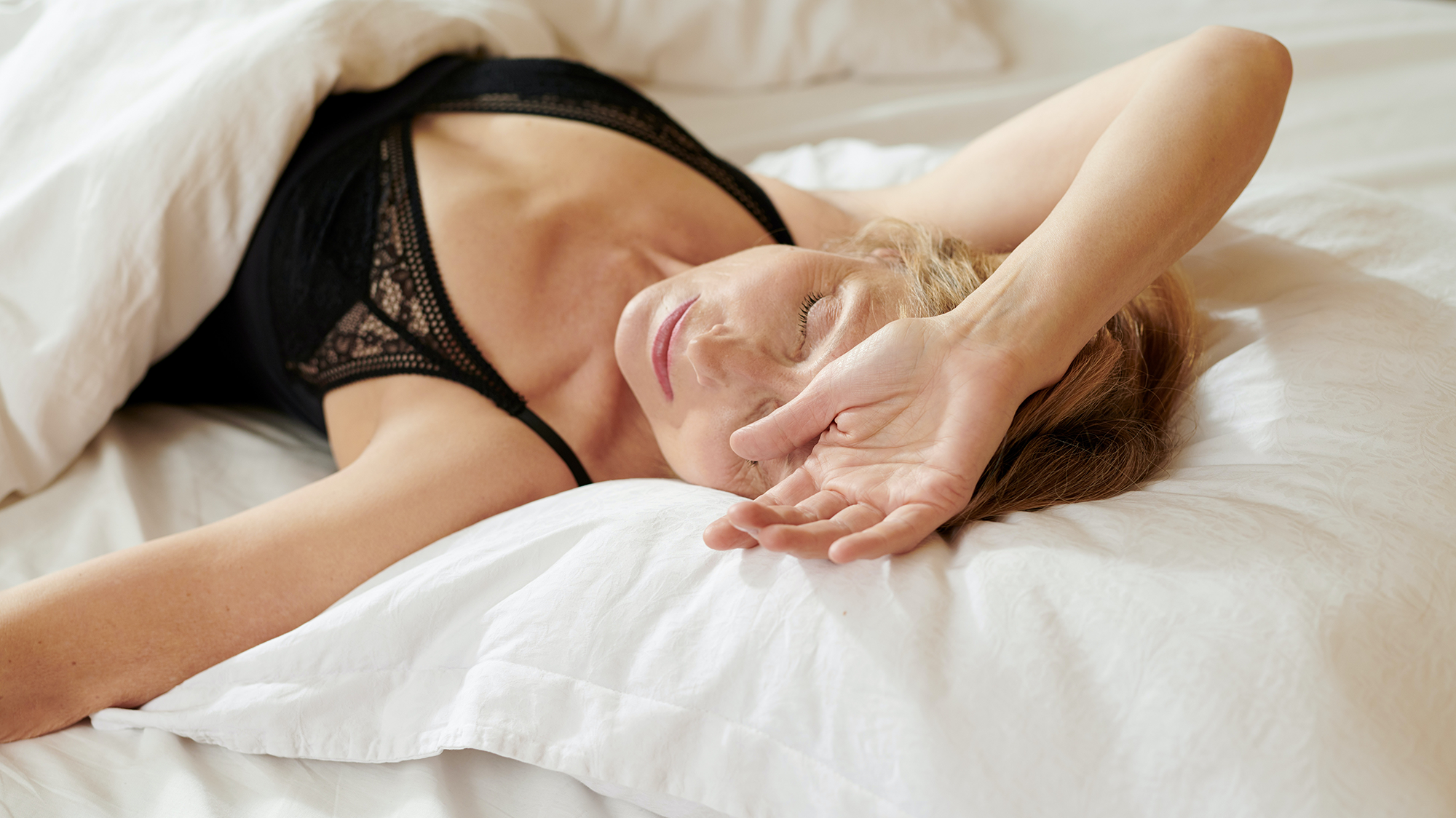Do you tend to feel down when the sun starts to set earlier in the day? Do you find that symptoms of depression go away in the summer and come back in the winter like clockwork? You might have seasonal affective disorder, commonly called SAD, a type of depression that peaks during the shorter days of autumn and winter. If you're dreading the darker days because you experience the symptoms of SAD, such as low energy, depression or sluggishness, try these six smart techniques to reduce the effects of limited sunlight on your mood.
Step Into the Light
Scientists think that the symptoms of SAD stem from a lack of natural light, so sunlight exposure is an easy way to ward off these unpleasant effects. Even if it doesn't get dark before dinner yet, get in the habit of taking a walk each day while the sun's out. Whether you prefer a morning ramble or a lunchtime stroll, time your outdoor activity to max out on sunlight. If it's covered by clouds, you should still feel the effects of light exposure. Even just 10 or 15 minutes can make a difference in your demeanor.
You should also invest in a lightbox that produces at least 10,000 lumens. These nifty appliances mimic the effects of sunlight when the day is gray.
Balance Your Diet
Having the right nutrients in your body can make a big difference in depression symptoms. For example, if you have sad, you might crave sweet foods like ice cream or starchy foods like pasta and mashed potatoes. Giving in to those urges can lead to fatigue and weight gain. Instead, boost your energy with an array of rainbow-colored fruits and veggies, healthy nuts and seeds, whole grains, lean protein, and low-fat dairy.
Save the special treats for holiday celebrations, when they'll feel more festive.
Grab a Supplement
If your depression causes you to lose your appetite, consider taking multivitamins or supplements to get the nutrients you need to function. Some researchers think that a lack of vitamin D plays a role in SAD. You can get this nutrient from fatty fish, eggs, liver and fortified foods, or from a nutritional supplement. Omega-3 fatty acid intake may also reduce depression symptoms.
Sweat It Out
Have you heard of a runner's high? Exercise helps the body produce endorphins, hormones that make us feel good and offer an energy increase. Instead of reaching for another cup of coffee when you have the afternoon blahs, try jogging around the block a few times or finding a quick dance workout video on YouTube. Try to stick to the federal recommendation of at least 30 minutes of exercise at least five days a week. When you get your heart pumping, you may find it reduces the effects of SAD.
Become a Social Butterfly
OK, so you don't necessarily have to fill up your event calendar, especially if you're not thrilled about heading out in winter weather. Just meeting a friend for coffee and conversation once a week or so can seriously improve your outlook when you're struggling with SAD. Virtual connection counts too! Schedule a Zoom call with your long-distance bestie or text a family member you haven't seen in person lately.
Know When To Get Help
Make a plan so you seek help for SAD if the symptoms get out of control despite your best efforts. If you don't notice a change in your symptoms after two weeks of these self-care measures, talk to your health care provider. He or she can recommend the best course of treatment for your seasonal depression, often a combination of antidepressants and behavioral therapy.
Sometimes, SAD can cause thoughts of suicide. Get help right away if you have thoughts about hurting yourself. Go to the emergency room or call your doctor.

